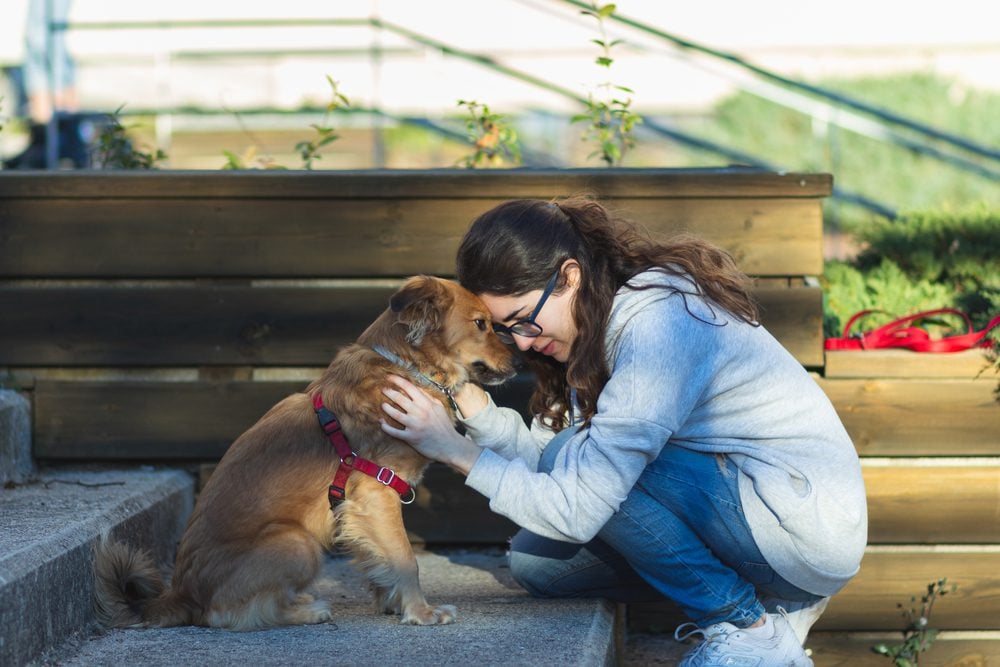Understanding Dog Reactivity Towards Food for Better Behaviour
Share
As a health-conscious pet owner, you're likely deeply invested in ensuring that your dog leads a happy and healthy life. However, if you're noticing that your dog exhibits reactivity towards food, you're not alone. This common yet troubling issue can sometimes escalate if not managed properly. In this guide, we'll delve into the nuances of dog reactivity towards food, equipping you with information to help your furry friend stay balanced and well-behaved.

What is Dog Reactivity Towards Food?
Before we explore strategies to manage this issue, it's essential to define what dog reactivity towards food actually means. Essentially, it refers to a dog's aggressive or anxious behavior around food, which might manifest as growling, snapping, or even lunging during meal times. This behavior can be concerning, especially in households with children or other pets.
Common Reasons Behind Dog Reactivity
Understanding the roots of this behavior can help in determining the most effective solutions. Some common causes include:
- Resource guarding: Dogs might feel the need to protect their food as a vital resource.
- Anxiety: Past experiences or trauma can lead to nervousness around food.
- Medical Issues: Sometimes, health-related problems may lead to sudden aggression.
Strategies for Managing Dog Reactivity Towards Food
Addressing food reactivity requires patience, understanding, and sometimes consulting with professionals. Here are some approaches:
Training and Behaviour Modification
Training is crucial to mitigate reactivity. Implement positive reinforcement techniques and consider enrolling your dog in specialized behavior classes. For more specialized training tips, you can visit Small Door Vet which offers comprehensive training resources.
Creating a Safe Environment
Ensure that your dog's feeding area is calm and neutral. Keep other pets and children away during meal times. For deeper insights, explore our tips on ensuring a harmonious environment in our post on dog reactivity towards other animals.
Consulting a Veterinarian or Professional
If reactivity persists, seek advice from a veterinarian to rule out any medical conditions. Professional dog behaviorists can provide tailored advice aimed at your dog's specific needs.
Recognizing and Minimizing Triggers
Finally, being observant of what triggers your dog's reactivity and learning to avoid or modify those situations is vital. Is your dog more aggressive when hungry or when disturbed? Keep a keen eye on patterns.
Conclusion
Addressing dog reactivity towards food is not an insurmountable task. With understanding, patience, and often professional help, your dog can learn to feel secure and less stressed during meal times. Remember, as each dog is unique, finding the right balance and approach may take time. For step-by-step guidance on creating a better behavioral environment, you can refer to Medivet's dog training advice.

Frequently Asked Questions
1. Can diet changes help with food reactivity?
Yes, sometimes, dietary adjustments can calm a dog's anxiety or address allergies, which may indirectly reduce food reactivity.
2. Is professional training necessary for all dogs?
Not necessarily. While some dogs may benefit significantly from professional training, others may simply require consistent training at home.
3. How early should I focus on food behavior issues?
It's best to address any behavioral issues as early as they arise to prevent escalation. Early intervention can promote better long-term habits.
This article contains affiliate links. We may earn a commission at no extra cost to you.
